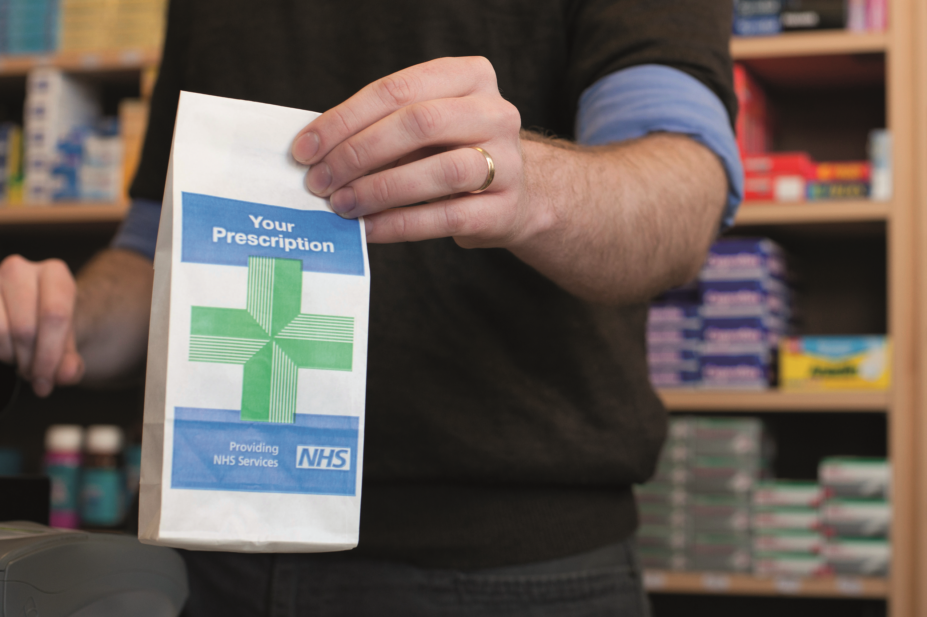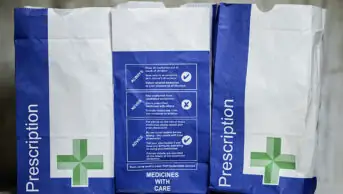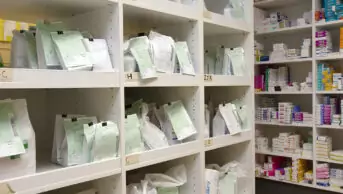
Colin Hawkins / Alamy Stock Photo
The idea that people should have to make a choice over whether they should eat or pay for essential medicines to treat a life-threatening condition is abhorrent.
But, according to the results of a recent survey carried out by the Prescription Charges Coalition (PCC), that is exactly what is happening for potentially millions of people in 21st century England.
The PCC figures reveal that one-third of the 4,200 people surveyed, who paid for their medicines, admitted to skipping prescriptions or reducing the dose of their medicine. Nearly half of those (46%) said it was because of cost.
England is the only country in the UK to still charge for prescriptions although, through a complicated and arbitrary system of exemptions, about 88% of the population are in fact exempt.
The system has not changed significantly since charges were first introduced in 1952, and the cost of a prescription has risen by 4,200%. This compares with a 1,264% rise in inflation (as measured by the retail price index) during the same period.
Many organisations, including the British Medical Association, the Royal Pharmaceutical Society and the British Heart Foundation, have argued that the system is grossly unfair and that it needs urgent review. The PCC claims that the cost burden falls largely on a small number of working people on low income, who are living with certain long-term conditions and are forced to pay to keep well.
Wales, Scotland and Northern Ireland abolished prescription charges in 2007, 2010 and 2011, respectively, on the grounds that it was a long-term investment to improve people’s health.
But in England, the government has stood firm even in the face of calls in 2009 from Ian Gilmore, who led a Department of Health review of prescription charges in England, for the immediate abolition of charges for those with long-term conditions.
Ministers cited financial pressures on the NHS as the reason behind their decision, and the situation is set to remain the same for the foreseeable future.
But, with 34% of those who skip or reduce their medicines requiring a GP or hospital appointment due to a deterioration in their health, according to the PCC survey, the hidden cost to the health service is enormous and, arguably, far greater than the cost of abolishing the charges altogether.
In an economically rich country we should not be denying people with long-term conditions access to life-saving medicines. This flies in the face of the fundamental principles of an NHS free at the point of use.
The government should take a common-sense approach, look at the economic advantages of abolishing prescription charges and concentrate on ensuring that those who do require medication take it as prescribed.


